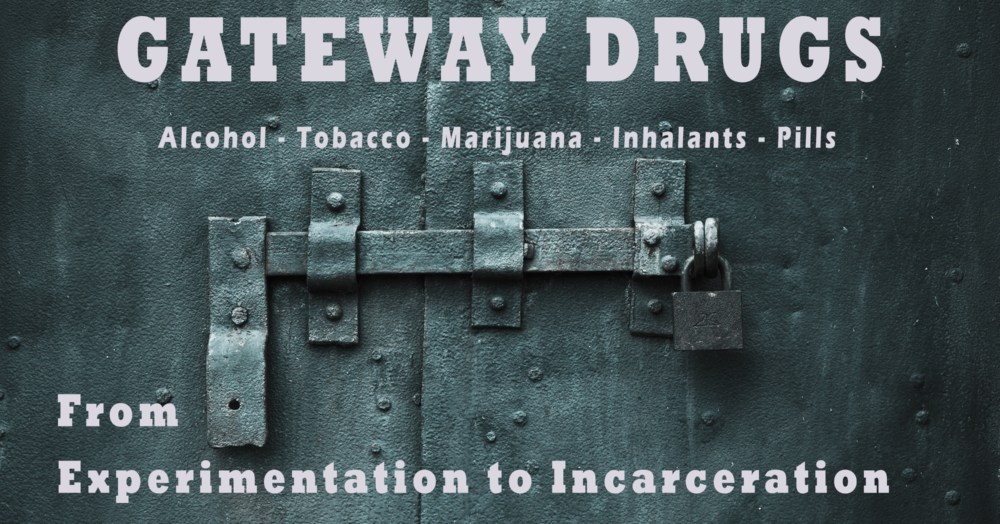Lorene was a twenty-seven year old widow and mother of two, her children are nine and three. Their world is shattered with the sudden and untimely death of her husband and the children, one who will not have any memories of him now wander into a season of unintended consequences…
The CDC defines child abuse and neglect as “any act or series of acts of commission or omission by a parent or other caregiver that results in harm, potential for harm, or threat of harm to a child.”
Lorene like so many others can be side swiped by life and left feeling like their trying to find a firm footing while walking and a water bed, there is no firm place to stand and every action causes an unknown and sometimes unwanted reaction. They long for just a modicum of what they once knew as normal. But those moments can be far apart and often too short.
The work of two parents had become doubled upon one leading to long days and lonely nights. She worked so hard to fill the many voids left in her heart, mind, and life. Her families needs called for courage, and she answered! Her personal needs called also, this was a more difficult call, one that meant choices that would affect both hers and her children’s lives. The medication she entrusted to keep her on an emotional even-keel would be joined by something to help her both begin and end her day. Her once social drinking became a greater and great necessity often conflicting with her medications. Her social life would become a long list of night spots with an even longer list of men who past through their lives.
At its peak, this led to her placing the youngest in the care of family members for extended periods of time while her oldest was called upon to be a somewhat “Faux” adult, be included in conversations and circumstances that were far beyond him. The neglect of a child isn’t always a willful intended choice, more often, it is a misguided unintentional pursuit of needs, wants, or addictions. Lorene’s neglect of her children began slowly but grew steadily in the shadow of her better judgment. When family members would address it with her she was left with only two choices repent and change her ways, or justify her choices which usually lead to arguments and discord.
Becoming a parent doesn’t mean we lose ourselves and become immune to the struggles of life and effects they may cause. However, we must always remember that our responsibility is to protect, provide, and guide for our children, we are forming a future adult and the early years are important. Trust me, I know first hand because I’m Lorene’s son. I truly love my Mom, and as a Father I can appreciate the challenges she faced. Her neglect wasn’t intentional, but they were choices that left life-long imprints on me. Parents, please make good choices.
Rev. Jimmy Vaughn
Authentic Life Fellowship
DrugFree Greenville Public Education Committee
